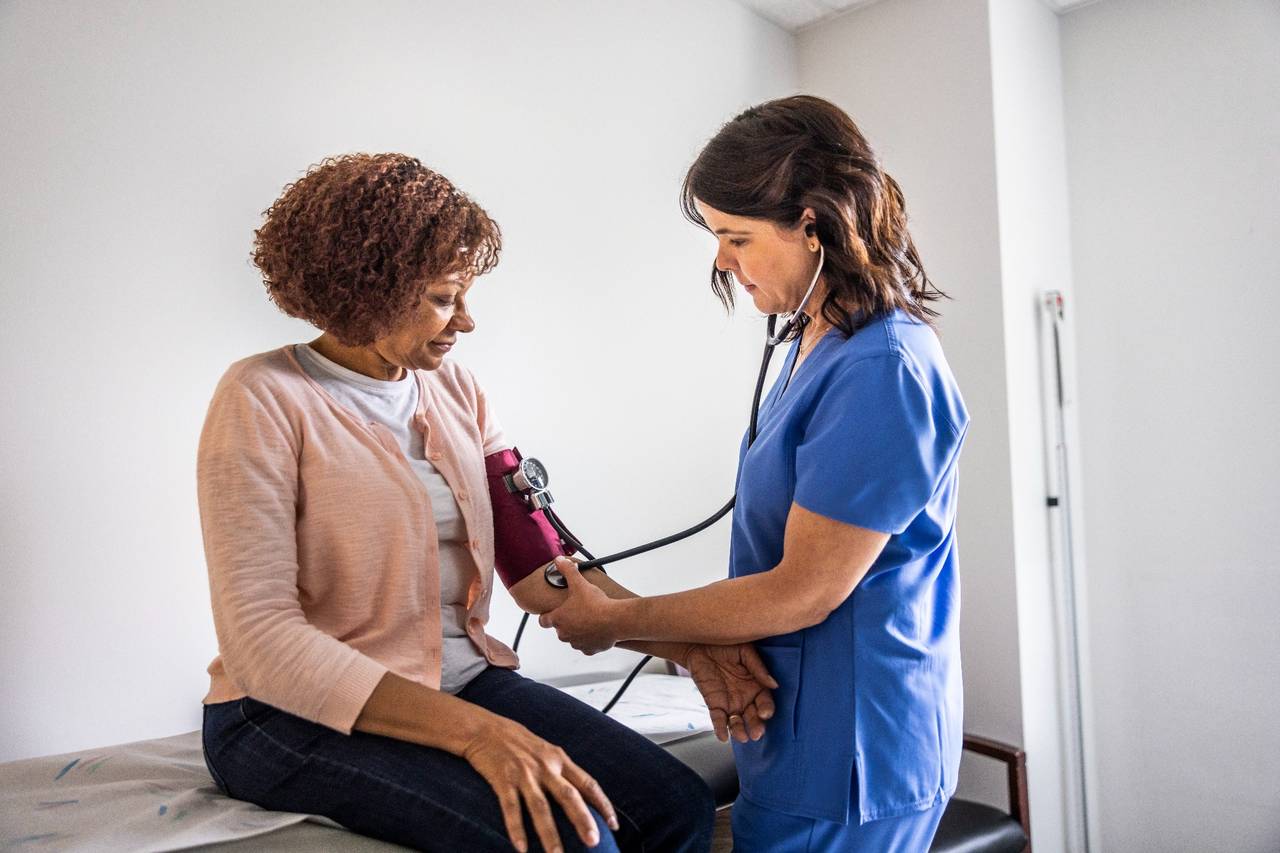What is Meningitis? Symptoms, Causes, and Prevention

Meningitis is a swelling of the meninges (membranes) surrounding the brain and spinal cord. In the U.S., most cases of meningitis are caused by a viral infection. However, bacterial, fungal, and parasitic infections can also cause illness.
Meningitis can resolve on its own without medication or it can become life-threatening and require emergency treatment. Since there is no way to know how the condition will progress, it is important to seek immediate medical care if you suspect someone has meningitis. Complications from the disease can be permanent and severe including brain damage, learning disabilities, seizures, and hearing loss.
Meningitis Symptoms, Causes, and Prevention
The earliest symptoms of meningitis are flu-like and generally appear within a week of exposure. In people over two years of age, they can include:
- Sudden high fever
- Unusually severe headache
- Stiff neck
- Nausea or vomiting
- Seizures
- Light sensitivity
- Difficulty concentrating
- Excessive sleepiness
- Lack of appetite or thirst
- Skin rash
People who have learned that meningitis can cause a rash sometimes wait for that symptom to appear before seeking medical advice. However, you should get medical attention as soon as you suspect you or someone else has the illness.
Newborns and infants with meningitis may display these symptoms:
- High fever
- Constant crying that may be louder when they are held
- Unusual irritability
- Poor feeding
- Excessive sleepiness
- Inactivity
- A bulge in the soft spot on top of the head (the fontanel)
- Stiffness in their neck or body
Meningitis Risk Factors
The risk of developing meningitis increases if any of the factors below are present.
- Being under the age of 20 and, in particular, younger than five
- Not having the recommended childhood or adult vaccinations
- Having a compromised immune system due to AIDS, diabetes, alcoholism, the use of immunosuppressant medications and other factors
- Living in shared housing like a college dormitory or military barracks where airborne germs can spread quickly from person to person
- Being pregnant, as that increases the risk of listeriosis, an infection that can cause meningitis
Meningitis Treatment and Prevention
The treatment for meningitis varies depending on whether it is viral, bacterial, fungal or parasitic in nature. Regardless of the cause, prompt medical treatment is essential.
The risk of developing meningitis can be reduced by taking these actions:
- Wash your hands frequently and thoroughly, especially before eating and after being in public.
- Don’t share food or beverages, toothbrushes, or lip balm with anyone.
- Keep frequently touched surfaces in your home (kitchen counters, doorknobs, etc.) clean.
- Cough and sneeze into the bend of your elbow and encourage others to do the same.
- Keep your immune system working well by eating a healthy diet focused on vegetables, fruit, and whole grains, and getting adequate sleep and exercise.
- If you are pregnant, be sure that the meat you consume is cooked to 165 degrees and don’t eat cheese made from unpasteurized milk.
- Vaccinate. Dr. Sarah Little, with Baptist Health Medical Group Family Medicine in Berea advises that “the most effective way to prevent bacterial meningitis is through vaccination. Children aged 11-12 should receive the vaccine with a booster at age 16 in order to prevent meningitis. If you have questions about these vaccines, please ask your primary care provider for more information.”
If you suspect you or loved one has meningitis, seek medical care immediately.



.png?rev=1c3dcf9965cd4a519de786a2628eedca)